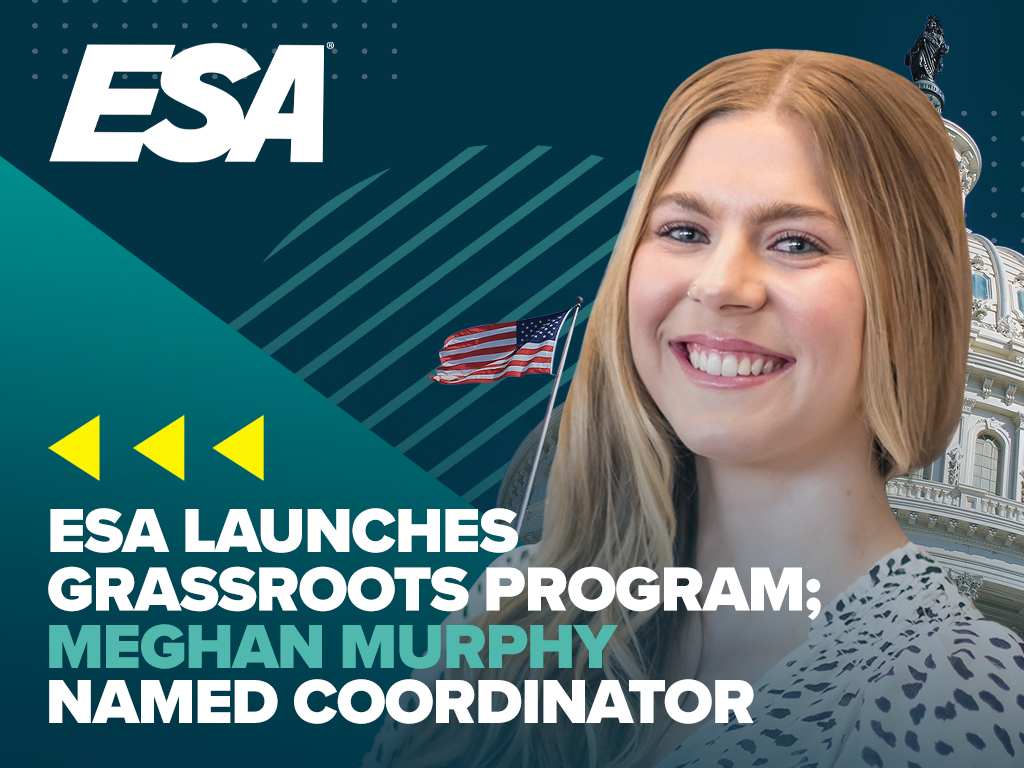ESA Submits Letter to Senate Armed Services Committee Objecting to Labor Provisions

ESA submitted a letter to Chairman Jack Reed (D-RI) and Ranking Member Jim Inhofe (R-OK) of the Senate Armed Services Committee (SASC) last week after we learned some amendments in the House-passed version (H.R. 4350) of the National Defense Authorization Act (NDAA) for 2022 include some apprentice labor requirements that will unnecessarily bar many federal contractors and subcontractors from working on federal defense contracts unless they meet registered apprenticeship requirements. A portion of this letter reads:
While ESA encourages the growth of apprentice programs for high-demand, high-skilled trades, many companies live and work within the framework of their cities, and states where occupational licensing laws have widely varying training requirements. The fact is a very high proportion of skilled electronic integration (limited energy) technicians receive training, expertise and credentialing through trade schools and other non-union programs such as ESA National Training School certifications (i.e., CAT I and CAT II, CFAT, CFAD), and testing organizations like the National Institute for Certification in Engineering Technologies (NICET). These programs are well established and recognized by most states. They properly prepare workers for the skills needed in electronic integration and limited energy contracts and do so without government-recognized apprenticeship programs that are often mired in union hall rules, dues and pension plans that serve only the unions and drive up the cost to the government and subsequently, taxpayers.
We also take exception to a provision included in an amendment added to the bill that establishes a new requirement and preference for contractors and subcontractors that hire more than half their workforces from local areas. We explain this may be a good practice in theory, the reality is the qualified labor pool is not distributed equally by geography. ESA supports licensing reciprocity in order for qualified labor to have more mobility to seek and obtain the available jobs in their market. Whether the qualified labor comes from the local labor pool should not figure into the hiring process for important federal contracts.
As we concluded in the letter to Senators Reed and Inhofe, “These restrictive labor policies have no business being included in our defense authorization. We urge you to maintain the bipartisan language introduced by the Senate Armed Services Committee earlier this year and reject these harmful proposals. ESA members stand ready to do the important work needed in military construction to better serve our nation’s troops and defense infrastructure.”
This letter was sent as the committee was negotiating these very points in the bill. ESA was one of several national trade associations to speak up and raise these concerns. While this particular bill refers to federal contractors associated with the NDAA, we expect other appropriation bills in this Congress will have similar provisions and they must also be resisted. Many of these appropriation bills have wide reaching consequences for federal, state, and local government contracts and will impact members who work on libraries, schools, and any number of other local government projects.




